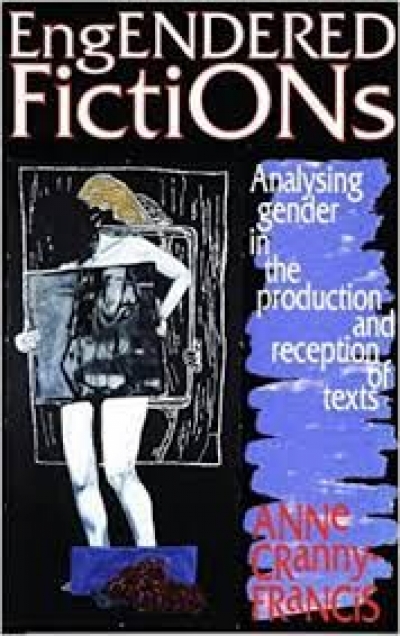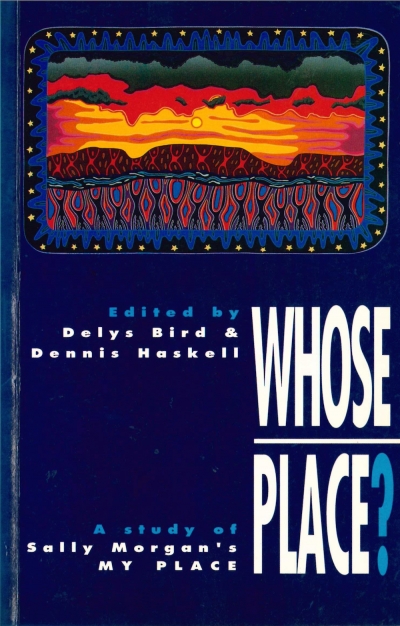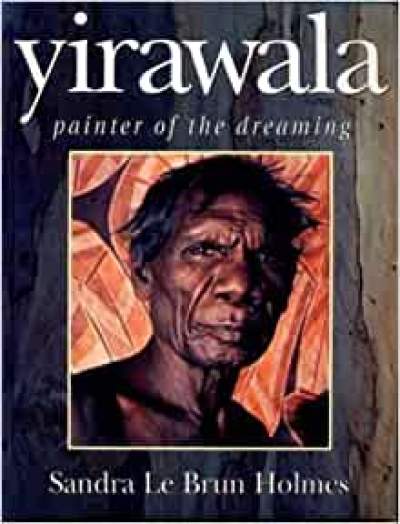Archive
Engendered Fictions: Analysing gender in the production and reception of texts by Anne Cranny-Francis
by K.K. Ruthven •
Sojourners: The epic story of China’s centuries-old relationship with Australia by Eric Rolls
by Daniel Kane •
Whose Place?: A study of Sally Morgan’s My Place edited by Delys Bird and Dennis Haskell
by Bill Perrett •
John Hanrahan reviews 'A.D. Hope' by Kevin Hart, 'James McAuley' by Lyn McCredden, 'Peter Porter' by Peter Steele, 'Reconnoitres' edited by Margaret Harris & Elizabeth Webby, 'Annals of Australian Literature' edited by Joy Hooton & Harry Heseltine
by John Hanrahan •
Oxford University Press has begun a welcome series called Australian Writers. Two further titles, Imre Salusinszky on Gerald Murnane and Ivor Indyk on David Malouf, will appear in March 1993, and eleven more books are in preparation. Though I find the first three uneven in quality, they make a very promising start to a series. In some ways they resemble Oliver and Boyd’s excellent series, Writers and Critics, even being of about the same length. However this new series is less elementary, more demanding of the reader. It is, predictably, far sparser in critical evaluation, concentrating on hermeneutics, and biographical information is as rare as a wombat waltz.
... (read more)Wilderness: The writer’s landscape, volume I by Suzanne Falkiner
by David Tacey •
Chasing Mammon: Travels in the Pursuit of Money by Douglas Kennedy
by Rosemary Sorensen •









